United States William H. The technological ability to precisely locate citizens over time 127 days in Carpenters case could allow the government to determine a persons associations with advocacy groups opposing government policies.
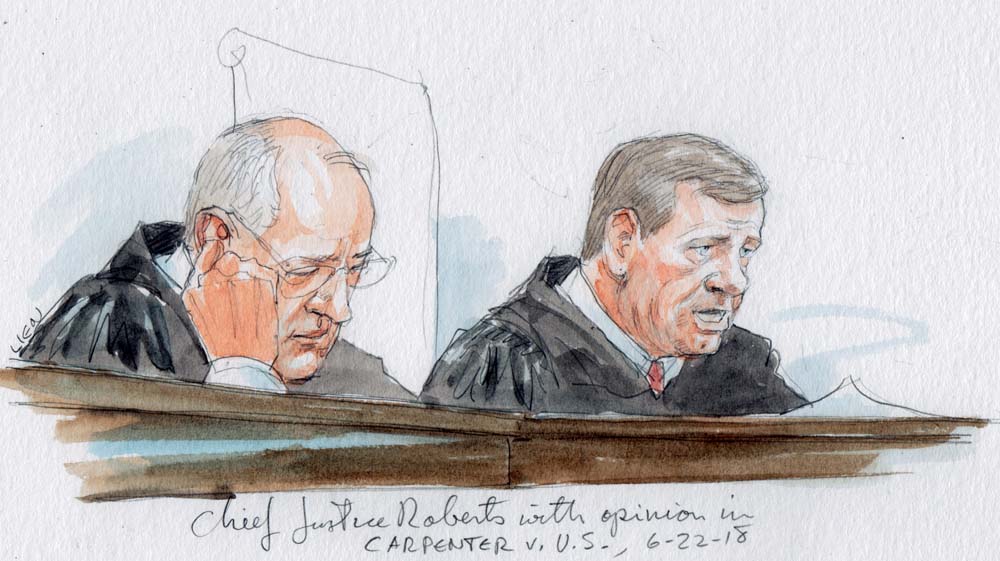
Opinion Analysis Court Holds That Police Will Generally Need A Warrant For Sustained Cellphone Location Information Updated Scotusblog
Timothy Carpenter was convicted with several offences including aiding and abetting robbery that had effects on interstate commerce and that violated the Hobbs Act 18 USC.
Carpenter vs united states case brief. United States holding that a warrant is required for police to access cell site location information from a cell phone companythe detailed geolocation information generated by a. On Friday June 22 the Supreme Court issued its much-anticipated opinion in Carpenter v. The opinion of the Court in Number 86-422 Carpenter against United States will be announced by Justice White.
Carpenter V United States 2018 Case Brief By Azka August 18 2020 Case no 19 35428 in the united states in carpenter the supreme court rules fourth amendment reasonableness after m v ohio inquiry based task what case brief 4 name and citation. United States the Supreme Court considered whether the Fourth Amendment permits police to obtain cell phone location records that show an individuals location and movements over the course of 127 days without first obtaining a warrant. 1 CASE BRIEF Case Brief Project Case Parties.
The district court denied the motion to suppress and the Sixth Circuit affirmed. For one suspect Timothy Carpenter the records revealed 12898 separate points of location dataan average of 101 each day over the course of four months. Carpenter moved to suppress the governments cell-site evidence on Fourth Amendment grounds arguing that the FBI needed a warrant based on probable cause to obtain the records.
In a more recent case Jones v. Brief for United States 3234. 16-402 June 22 2018 a closely watched criminal case addressing whether law enforcement officials can secure cell-site location information without a.
United States the case in which the Supreme Court considered whether the government must obtain a warrant before acquiring data that cellphone providers collect about their users. United States 585 US. A Supreme Court case challenging warrantless access to cellphone location data On August 15 2017 the Knight Institute filed an amicus brief in Carpenter v.
The Court concluded theres a strong similarity between our cell phone location data the GPS data discussed in Jones. The Institutes brief argues that the answer to that question also has grave implications for the First Amendment. 1951 leading to him being sentenced to more than 100 years in prison Carpenter v.
In late June the United States Supreme Court issued its ruling in Carpenter v. This case is here from the Court of. Professor Wells MCOM 3320-002 Carpenter v.
Audio Transcription for Opinion Announcement November 16 1987 in Carpenter v. The Governments position fails to contend with the seismic shifts in digital technology that made possible the tracking of not only Carpenters location but also everyone elses not for a short period but for years and years. United States Case Brief- Haredocx from MCOM 3320 at Texas Tech University.
Carpenter v United States. United States Case Brief. In Carpenter v.
United States 2012 the Court had concluded that GPS data would raise 4th Amendment concerns. The Supreme Court heard the case on November 29 2017. Thereafter Kidder Peabody and the Journal grew suspicious of the correlation between the columns and the net profit in trades causing them to discover the agreement between Winan Felis and Peter BrantSubsequently Winans and Carpenter Winanss roommate approached the Securities and Exchange Commission to disclose the agreement.
Carpenter V United States Oral Argument C Span Org

Carpenter V United States Scotusbrief Youtube
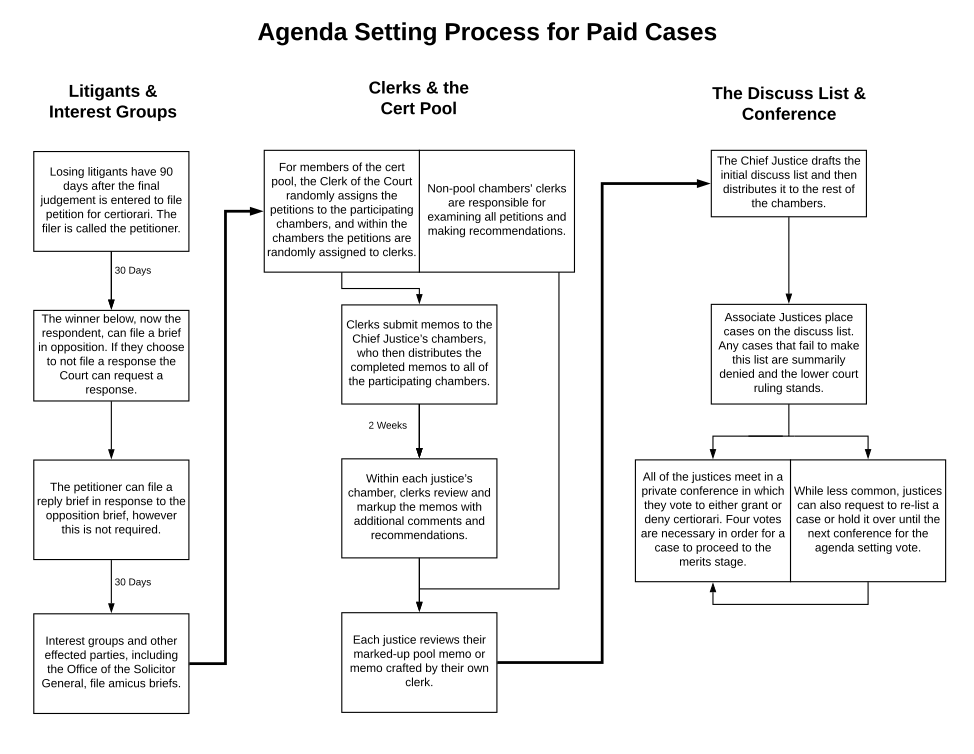
2 3 Judicial Discretion And Us Supreme Court Agenda Setting Open Judicial Politics

Carpenter V United States Scotusbrief Youtube

The Supreme Court S Big Privacy Ruling Sent A Message Will Judges Hear It American Civil Liberties Union

In Re Application Of The United States For Historical Cell Site Data Wikipedia

Korematsu V United States Case Brief Summary Law Case Explained Youtube
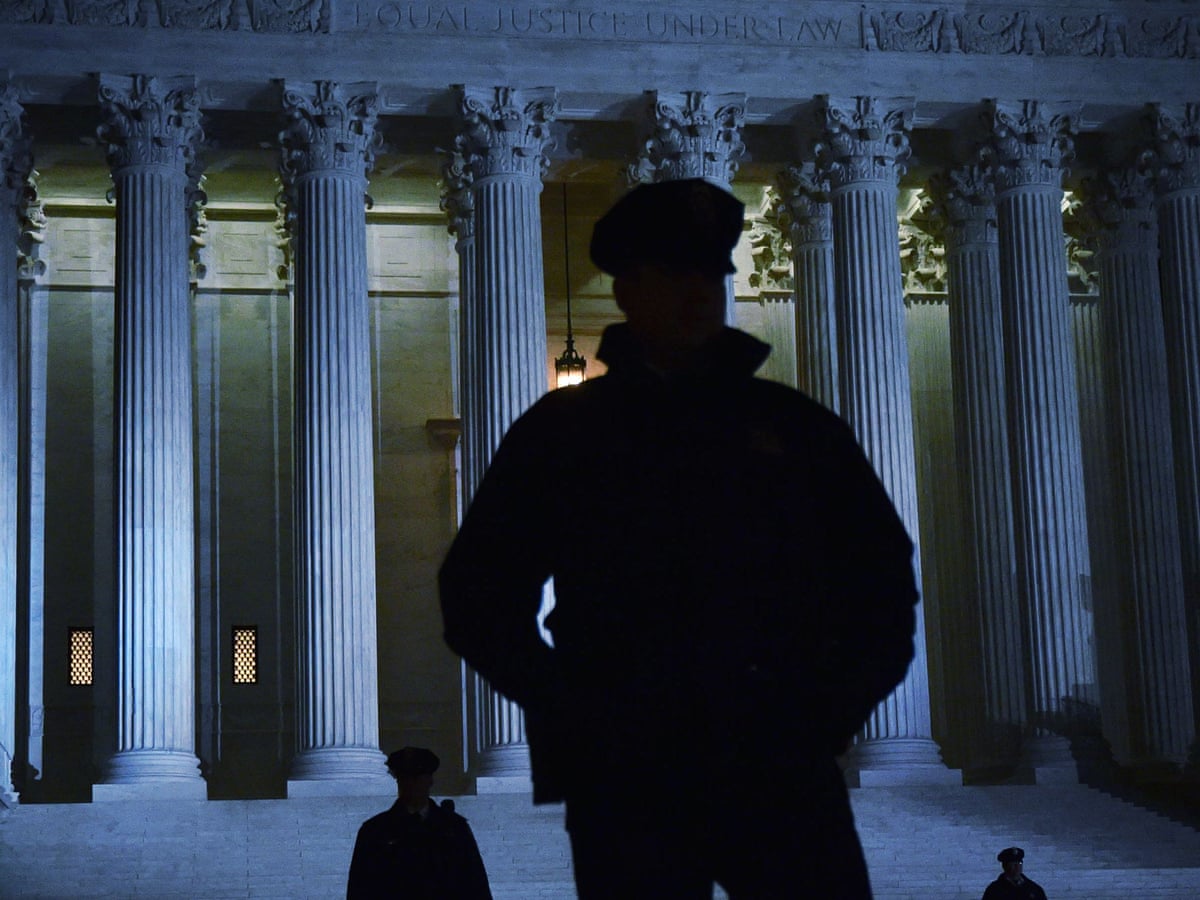
Supreme Court Cellphone Case Puts Free Speech Not Just Privacy At Risk Jameel Jaffer And Alexander Abdo The Guardian

Future Proofing The Fourth Amendmentharvard Law Review In Carpenter V United States Chief Justice John Roberts Began The Process Of Future Proofing The Fourth Amendment In A Majority Opinion Marked By Technological Sophistication

Privacy Advocates Advise Supreme Court To Protect Phone Location Data Under The 4th Amendment Techcrunch

An Original Fourth Amendment Based On Property Not Privacy By Richard Chen Medium

When Can We Expect Privacy Katz V United States Youtube
Carpenter V United States Oral Argument C Span Org
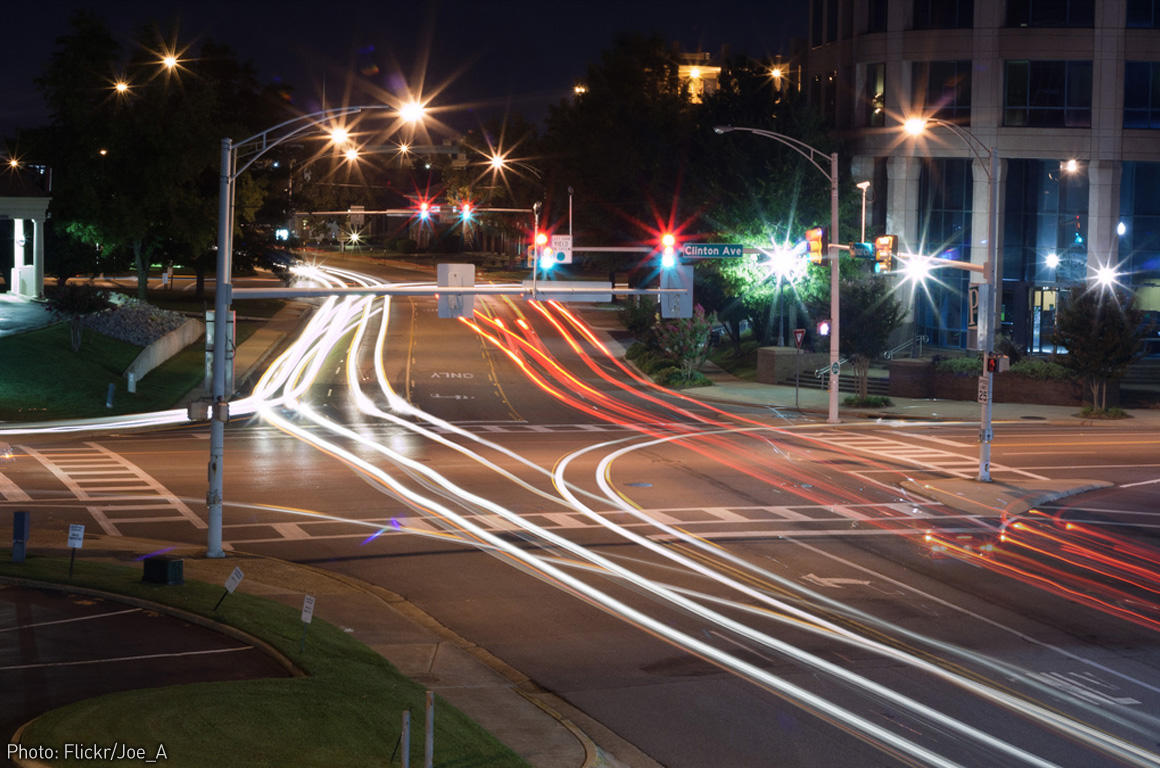
Carpenter V United States American Civil Liberties Union

Carpenter V United States Scotusbrief Youtube
Carpenter V United States Oral Argument C Span Org
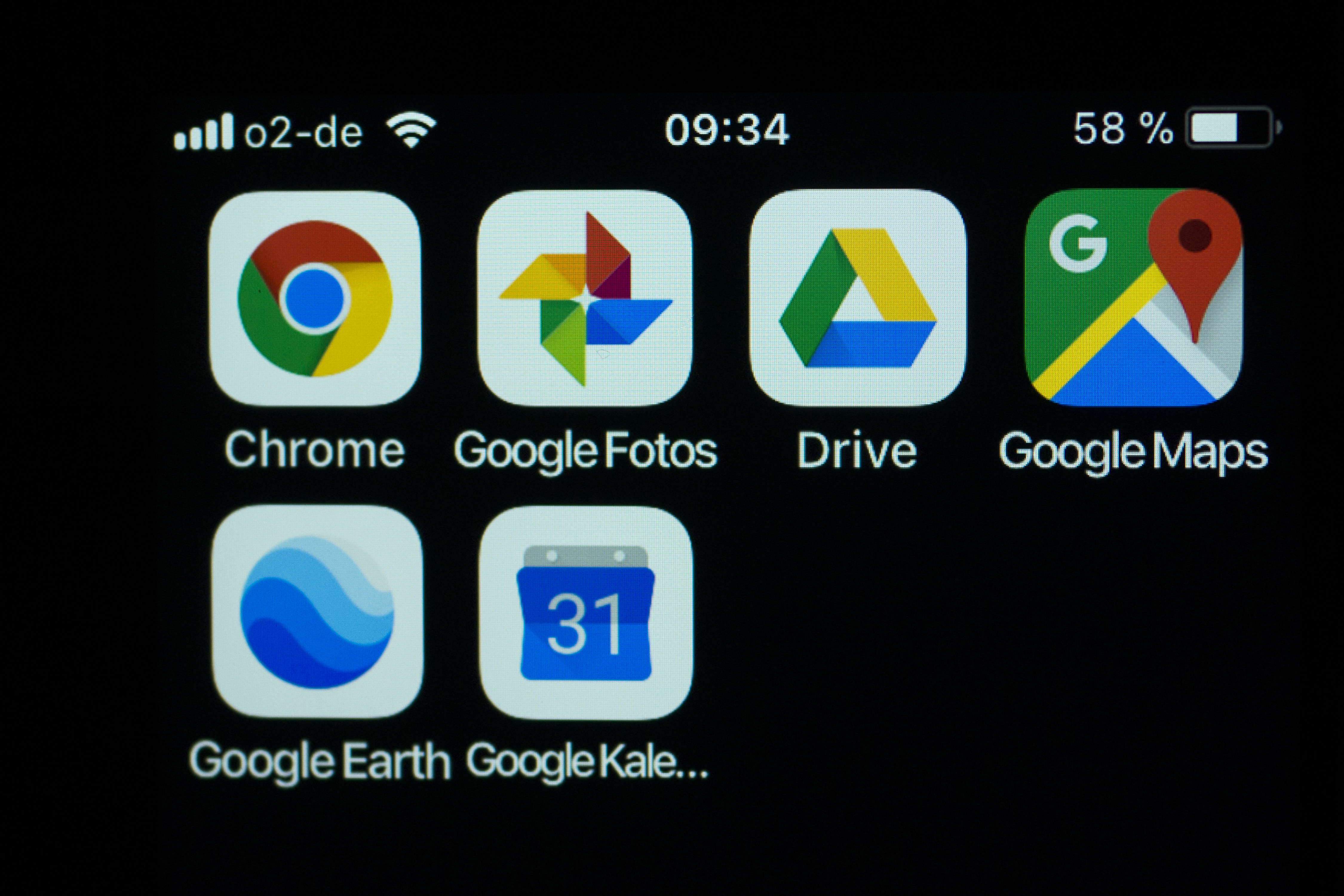
The Broad Reach Of Carpenter V United States Just Security

Carpenter V United States Oral Argument C Span Org

Supreme Court Sneaks In Another Indian Country Case To The Docket

